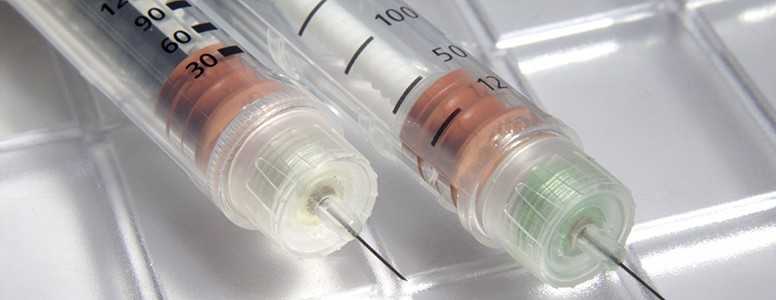Researchers at the universities of Yale and California have shown that by boosting the immune system, insulin production could be restored.
These findings could have big implications for people with type 1 diabetes, and according to lead author Jeffrey A. Bluestone, PhD, University of California, “this could be a game-changer”.
Bluestone’s team reported how regulatory T cells (Tregs) – which can reduce the immune system’s attack on insulin-producing beta cells – led to successful phase I results in an immunotherapy trial.
In the trial, 14 type 1 diabetes patients aged 18-43 received large populations of Tregs. The first group received roughly five million cells, while the fourth group received around 2.6 billion cells.
This marked the first US study in which large numbers of Tregs were taken from the bodies of the participants, increased in size in the laboratory and infused back into their blood circulation. This technique is known as ex vivo (outside the body) “isolation and expansion”.
25 per cent of the infused cells were still detectable in the circulation of patients a year after they had received infusion. None of the patients received any serious adverse reactions.
Mara Rooney, a trial participant who was diagnosed with type 1 diabetes four years ago, said: “The Treg intervention aims to prevent the development and progression of type 1 diabetes, freeing people like me from the daily grind of insulin therapy and lifelong fear of complications. It’s truly groundbreaking research with enormous potential.”
Dr. Bluestone added: “For type 1 diabetes, we’ve traditionally given immunosuppressive drugs, but this trial gives us a new way forward. By using Tregs to “re-educate” the immune system, we may be able to really change the course of this disease.”
Following the phase I trial findings, Caladrius Pharmaceuticals – a New Jersey-based company – is in the early stages of planning for a phase II trial of Tregs for people with type 1 diabetes.
Research involving Tregs is continually expanding in the battle against diabetes. Earlier this month, researchers at the Salk Institute called for a diabetes classification of type 4 diabetes after finding that Tregs were abnormally higher in mice with age-related diabetes, compared to obesity-related diabetes.
The findings were published in the journal Science Translational Medicine.
What's new on the forum? ⭐️
Get our free newsletters
Stay up to date with the latest news, research and breakthroughs.








